THE PASIFIKA STORIES MAKING WAVES AND TELLING TRUTHS - FIFO 2025
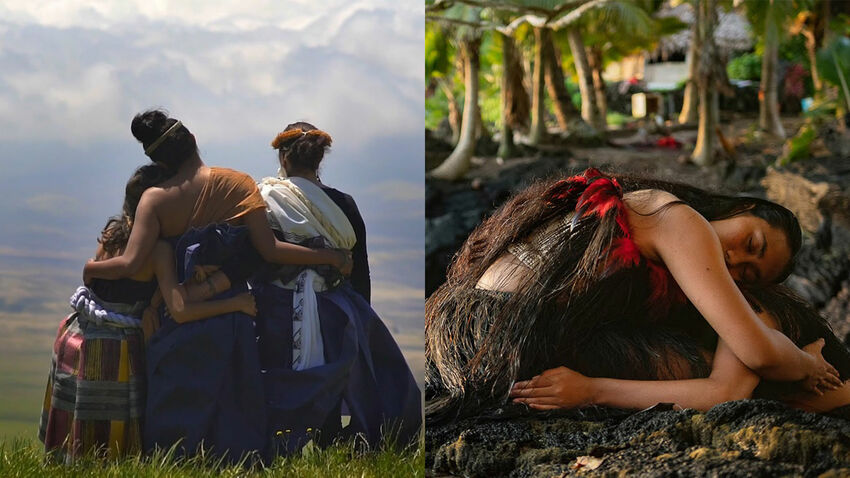
Our stories are more important than ever before to present indigenous perspectives to the world, challenge colonisation, connect our Oceanic conversations, and impact change.
From the beautiful personal stories of mahu, faafafine in Tahiti to the murder of ‘witches’ in the highlands of Papua New Guinea and the powerful truths of Aborigine history - the FIFO documentary festival in Tahiti has brought high impact narratives of indigenous people to screen.
This year brought the active talanoa, tears and triumphs of indigenous stories together for a celebration of documentary and short film making in the region.
Allan Clarke, the first nations director of ‘The Dark Emu Story’ which won the Grand Jury Prize, speaks of how vitally important it is expose the truths of our histories from the often untold perspectives of indigenous people:
‘The Dark Emu’ speaks to the fragility that a lot of nations have been built on, because many have been built on a myth, and there are a lot of people in these countries who are terrified to say ‘open that door and re-examine the past’ and realise that we were fed propaganda or evil. Our nation is built on a myth and so it's too hard for a lot of people to accept that. It definitely seeks to balance things by pushing back with our narratives.
It was really important that my intention when I made this film, that it wasn't just hyper local, that it only appeals to the Australian market. I felt that it had to be a story that an international audience could understand and grasp on to and see in their own local economies and their own relationships with people.
To talk and say, you know, this happened to us as well. As you know, we were denied our culture, our heritage, our lives, all in the pursuit by the colonizers to create a narrative to justify colonization.
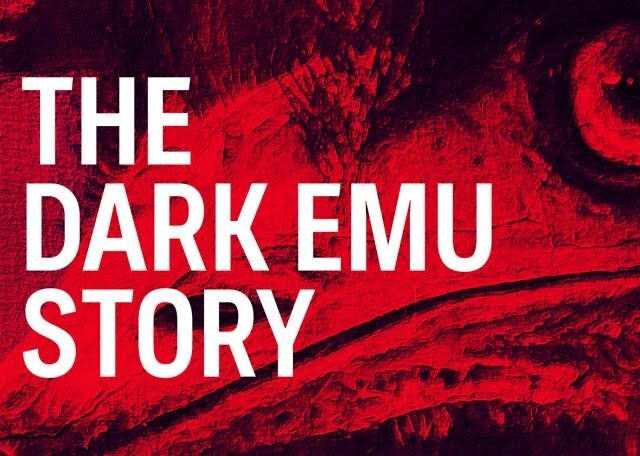
Jury Prize Winner Ramon Te Wake’s documentary ‘Trans and Pregnant’ is an intimate look into the lives of a transman and his partner on their journey to parenthood, questioning what it means to be parents in a world still grappling to accept all forms of love.
“We were honoured to be recognised by FIFO for our film ‘Trans & Pregnant’, but also to stand alongside ‘La FIRE.E.S’ and have two trans stories winning the top prizes. This is a momentous occasion and a huge progressive step forward for Pasifika queer representation on screen” Director Ramon Te Wake.
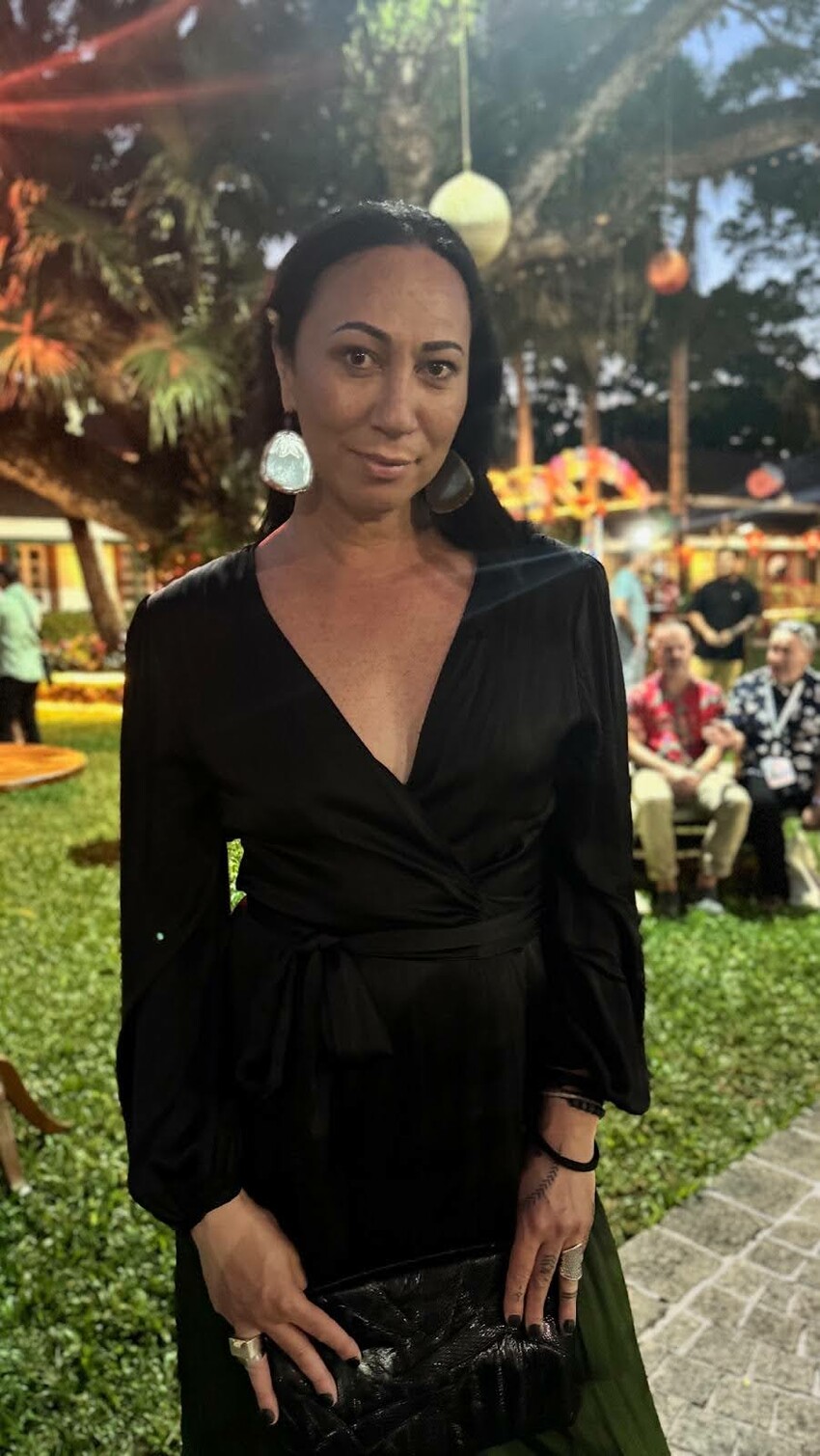
The issue of indigenous sovereignty over our oceans, lands, stories and our bodies were a strong theme running through many of the documentaries, young Tahitian director Virginie Tetoofa says of her award winning film Te Puna Ora.
“People of the Moana come from the ocean, and the ocean is our oxygen. It's everything and it means a lot to indigenous people, but it needs to mean more around the world because if we kill the ocean, we won't survive. We're hoping that Pacific people are going to stand up for our ocean, and protect our beaches and land from privatization. We are trying to reconnect more with the ocean the way our ancestors knew the ocean.”
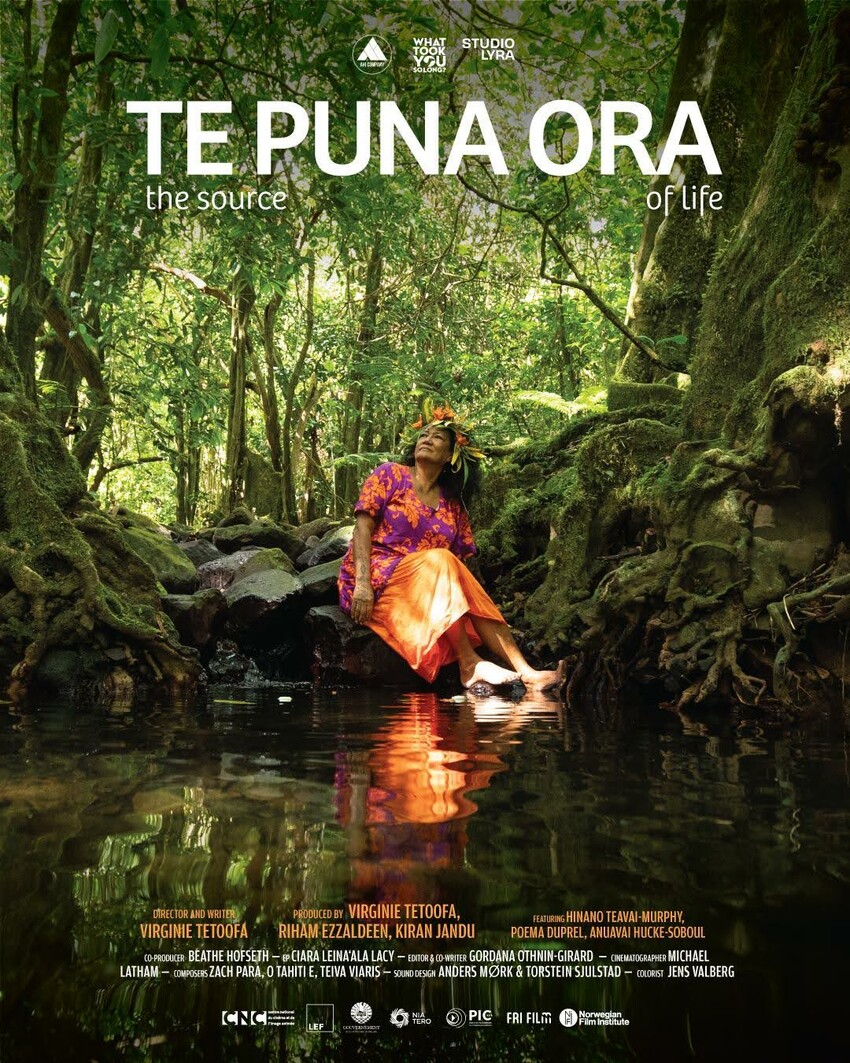
The ‘Standing Above the Clouds’ documentary from young Hawaiian filmmakers similarly looks at the importance of standing up for your land rights, and shining a light on land confiscation around the Pacific region.
“I think we’re living in a time where we are fighting to protect our land, to protect your right to clean water, clean air. We worked with so many families in this film, and we feel confident to bring their stories to the world”

Revitalising ancient knowledge was also the theme of ‘Armea’ a short film from Rotuma, brought to the festival by the Rako Pasifika group of performing artists and film makers.
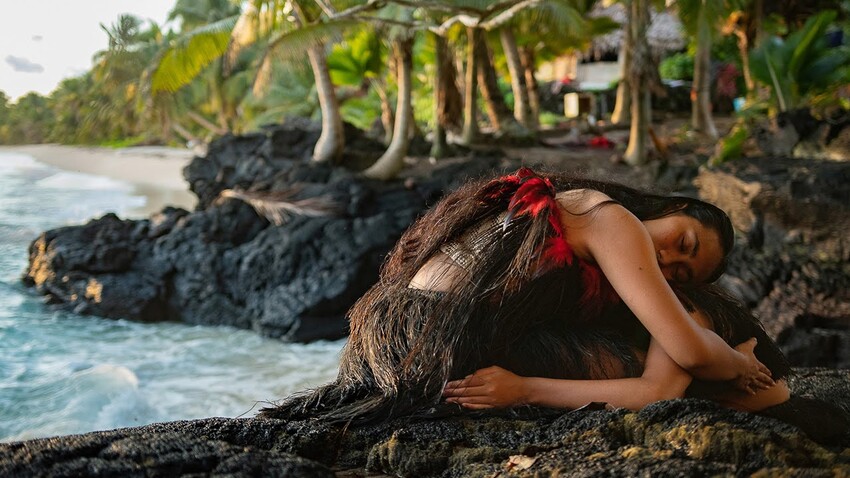
As one of the biggest documentary Festivals in the Moana region, FIFO’s curation of indigenous stories has become stronger every year, as the capacity of Pasifika people to tell our own stories grows, alongside the increased recognition for the need for more indigenous voices to be at the forefront of stories about the Pacific.
